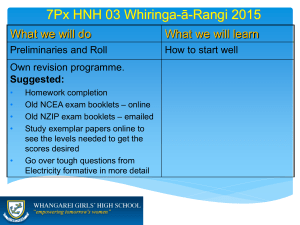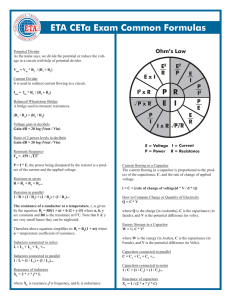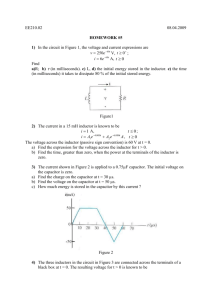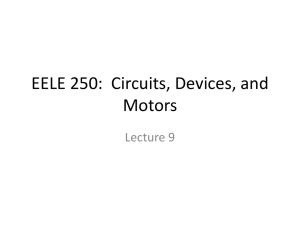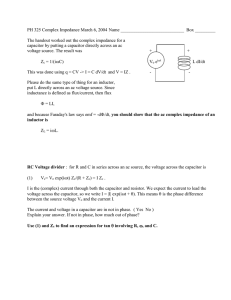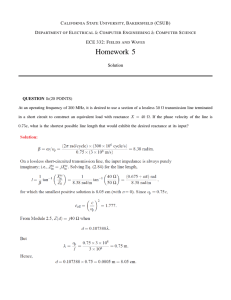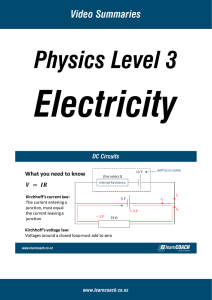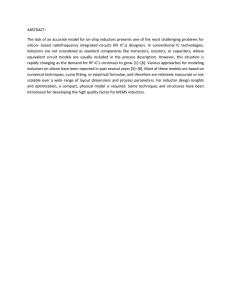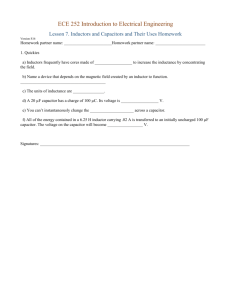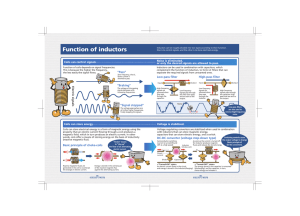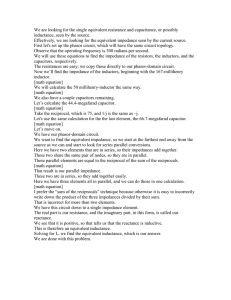7Px Y15 M10 D22 - whangareigirlshighphysics
advertisement
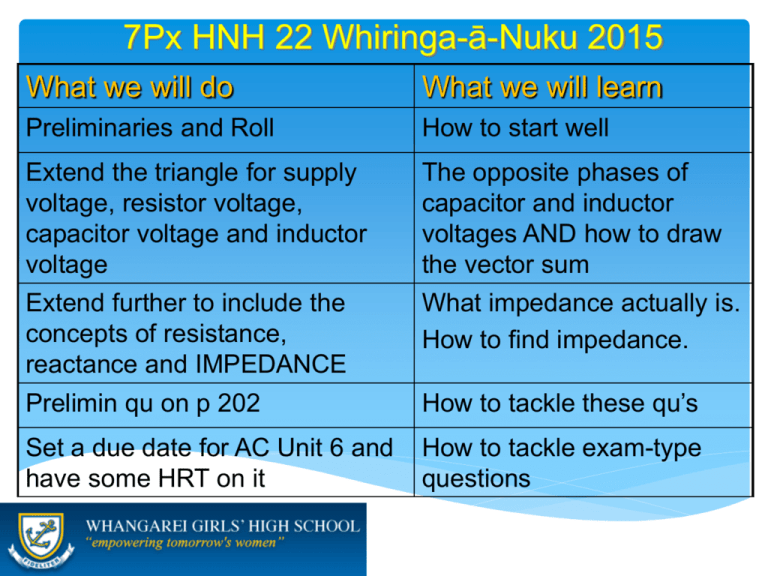
7Px HNH 22 Whiringa-ā-Nuku 2015 What we will do What we will learn Preliminaries and Roll How to start well Extend the triangle for supply voltage, resistor voltage, capacitor voltage and inductor voltage Extend further to include the concepts of resistance, reactance and IMPEDANCE The opposite phases of capacitor and inductor voltages AND how to draw the vector sum What impedance actually is. How to find impedance. Prelimin qu on p 202 How to tackle these qu’s Set a due date for AC Unit 6 and have some HRT on it How to tackle exam-type questions No. of marks What for 1 1 Having sketches and FULL working Neat presentation and down-page format 1 Answer underlined and units given 1 1 Self marked and all correct – eventually In on time and signed for (“This is my own work”…….) Total A mark out of five that will contribute to the “homework” grade in the reports HW item Skills practiced Capacitors in DC: Unit 3 Due Tuesday the 22nd of Sept Energy stored on capacitors Inductors in DC: Units 1 and 2 Due Wednesday the 14th of Oct Magnetic Flux and Faraday’s Law Inductors in DC: Units 3 and 4 Due Wednesday the 14th of Oct Lenz’s Law and Transformers Inductors in DC: Units 5 and 6 Due Thursday the 15th of Oct Inductance and time constant for Inductors AC: Unit 1 and 2 Due Thursday 22nd of October The sine wave nature of V and I RMS and Peak values for V and I Capacitor Reactance AC: Unit 3 Due Friday 23rd of October Reactance of an Inductor AC: Unit 4 Due Tuesday 27th of October Phase difference between Voltage and Current for a Capacitor http://whangareigirlshigh physics.wikispaces.com/ NCEA3+Physics+Core
